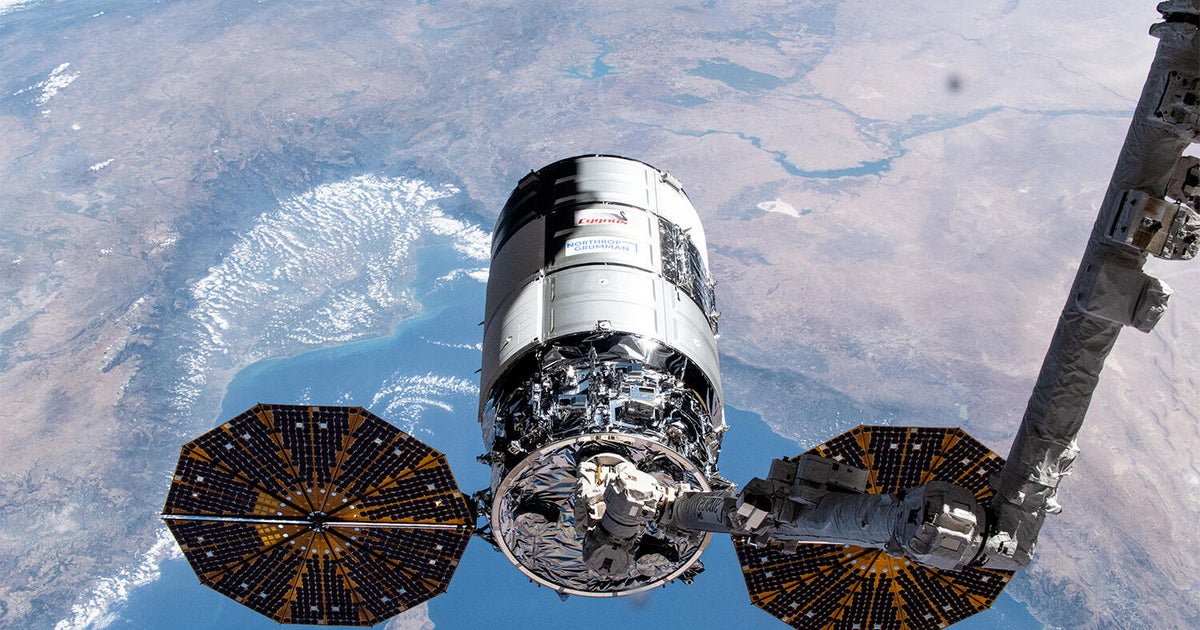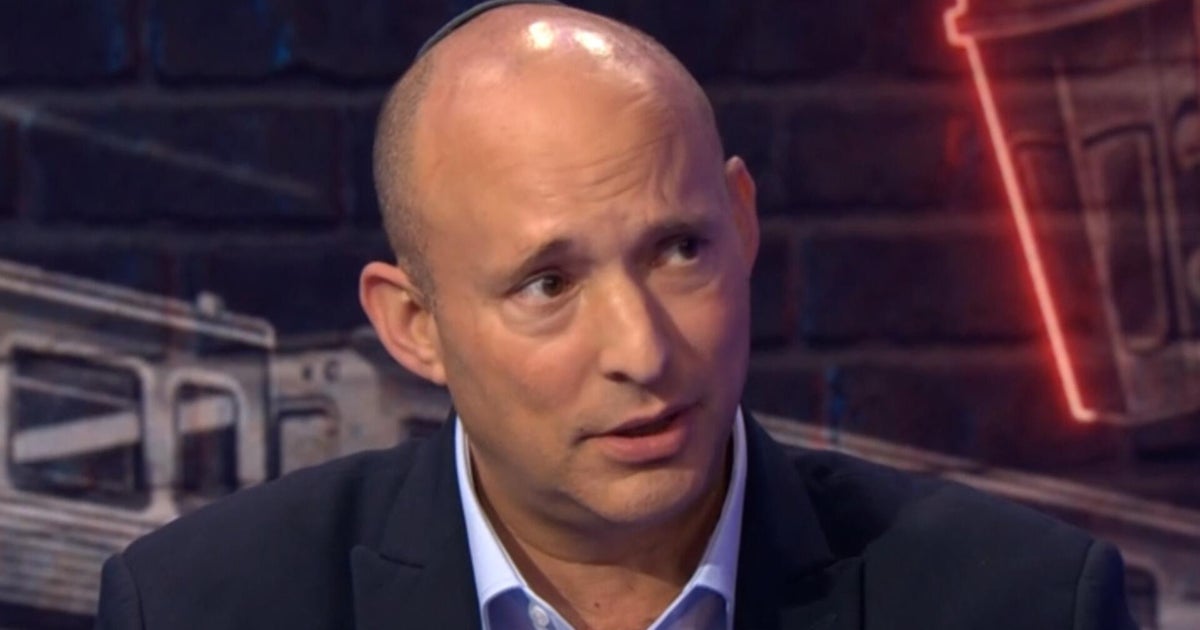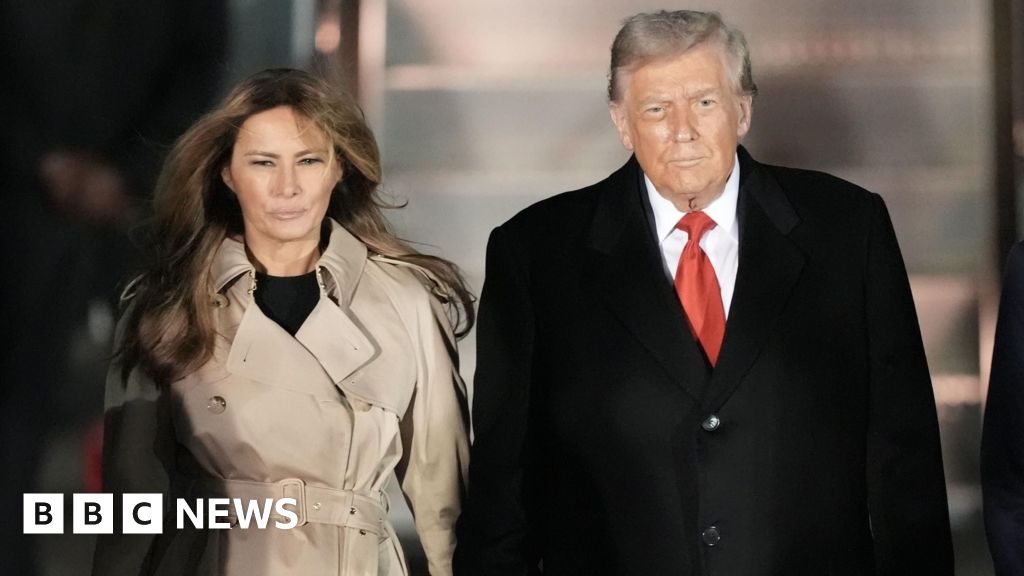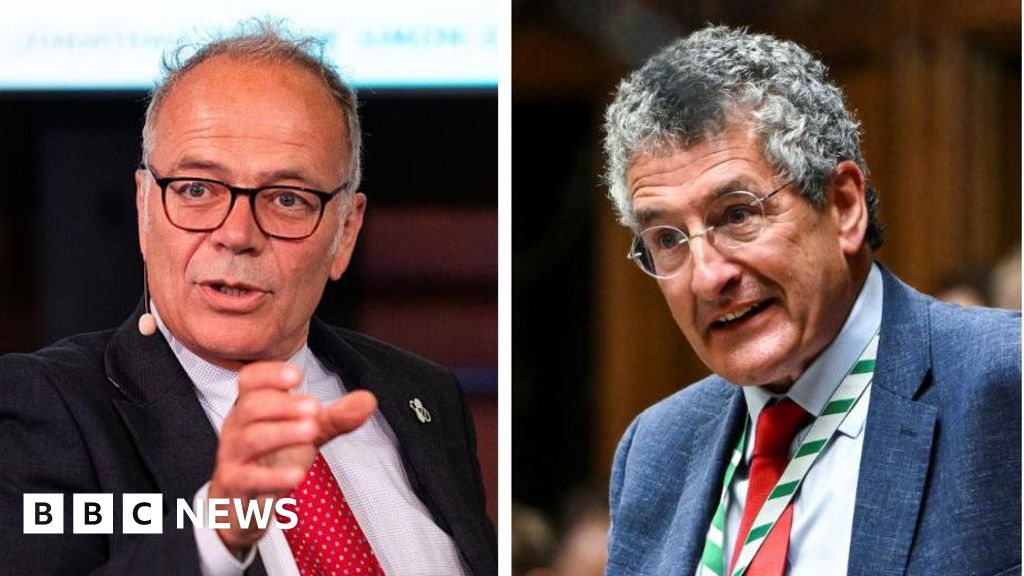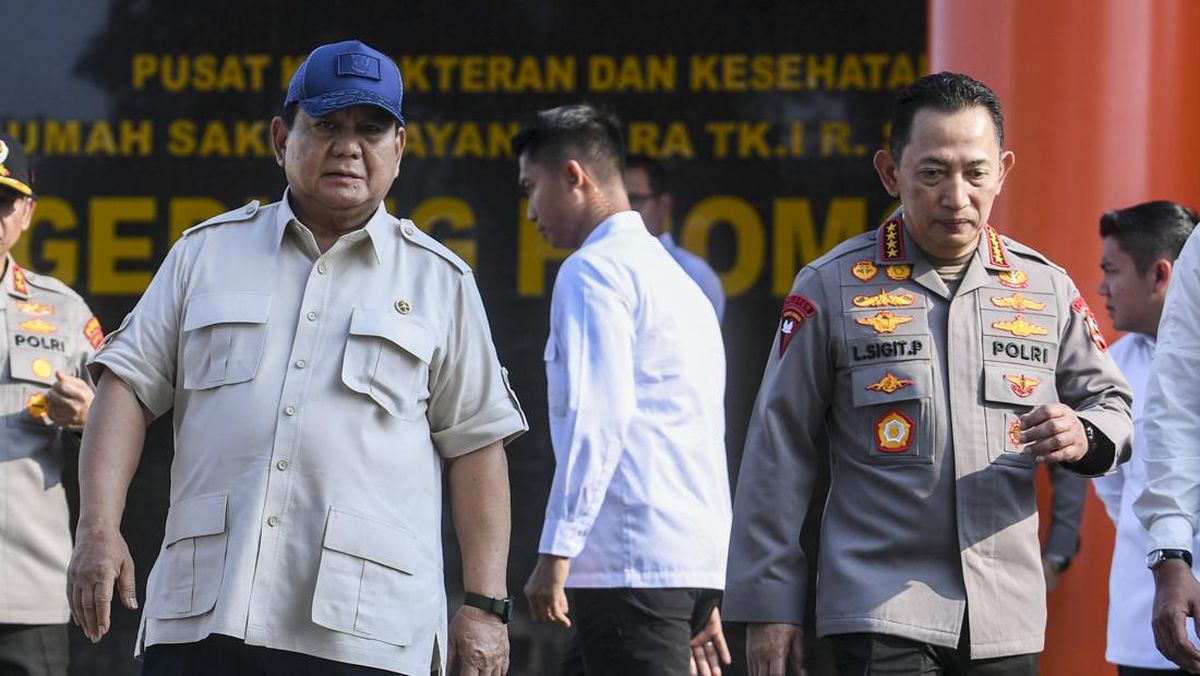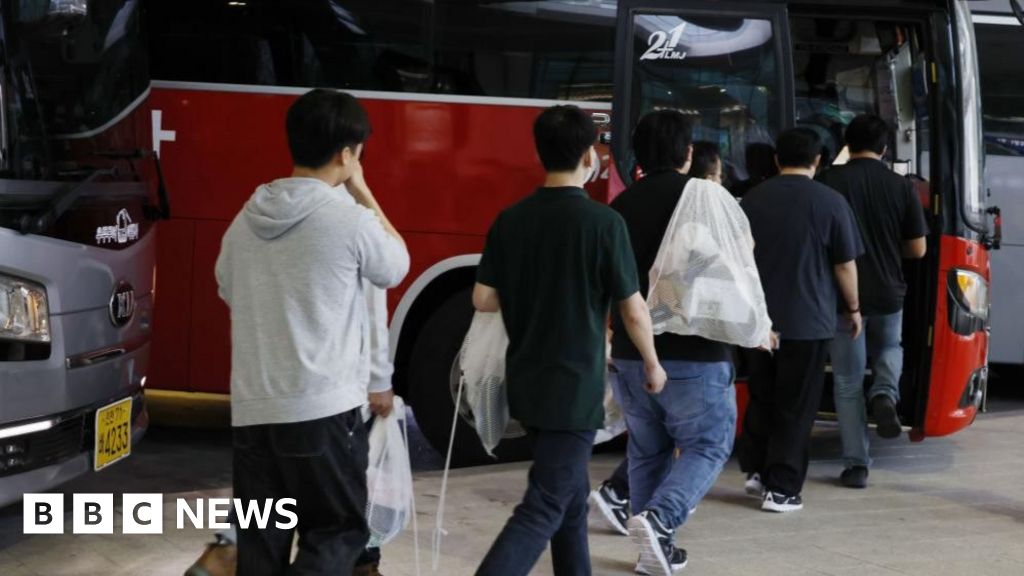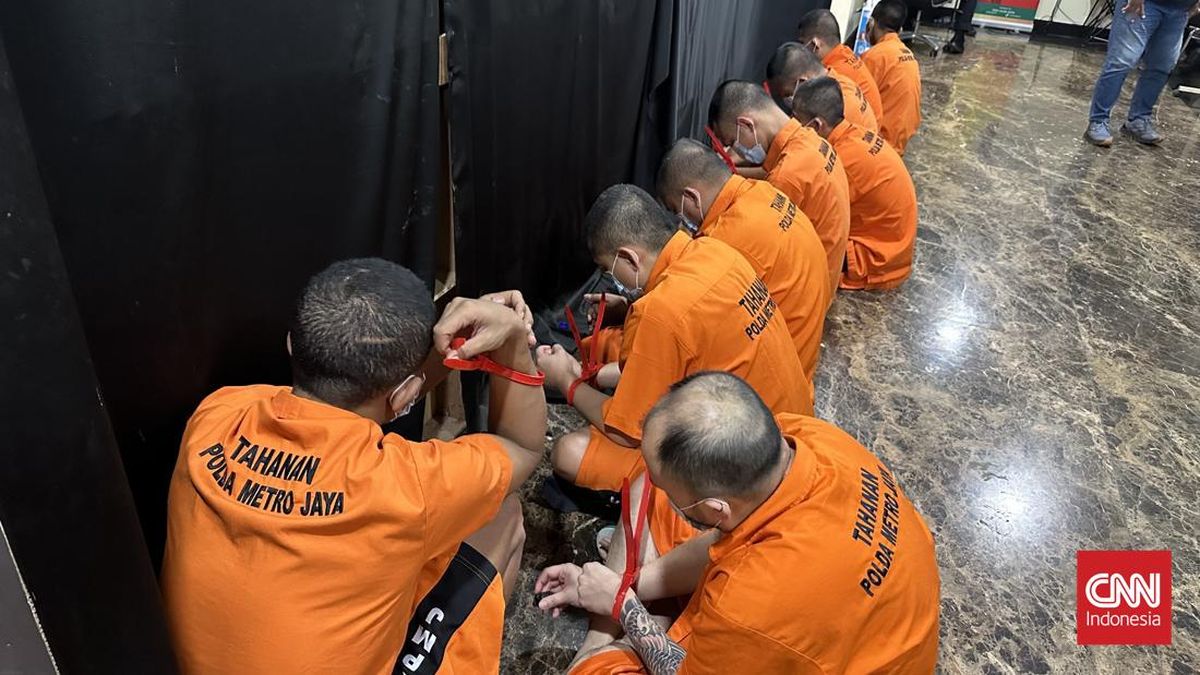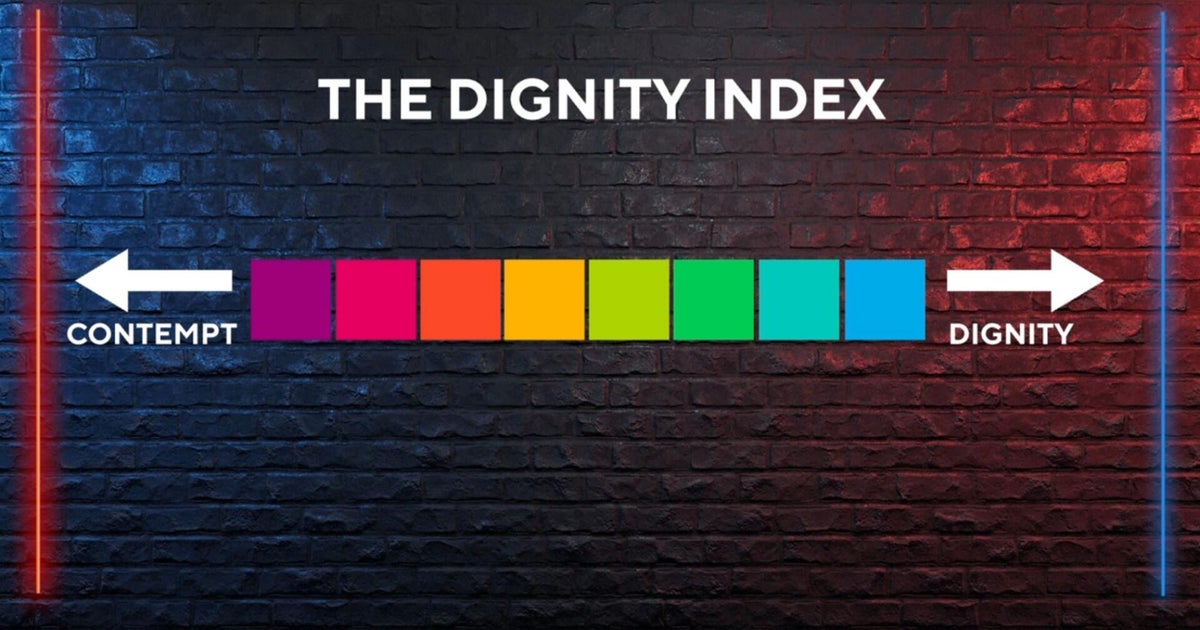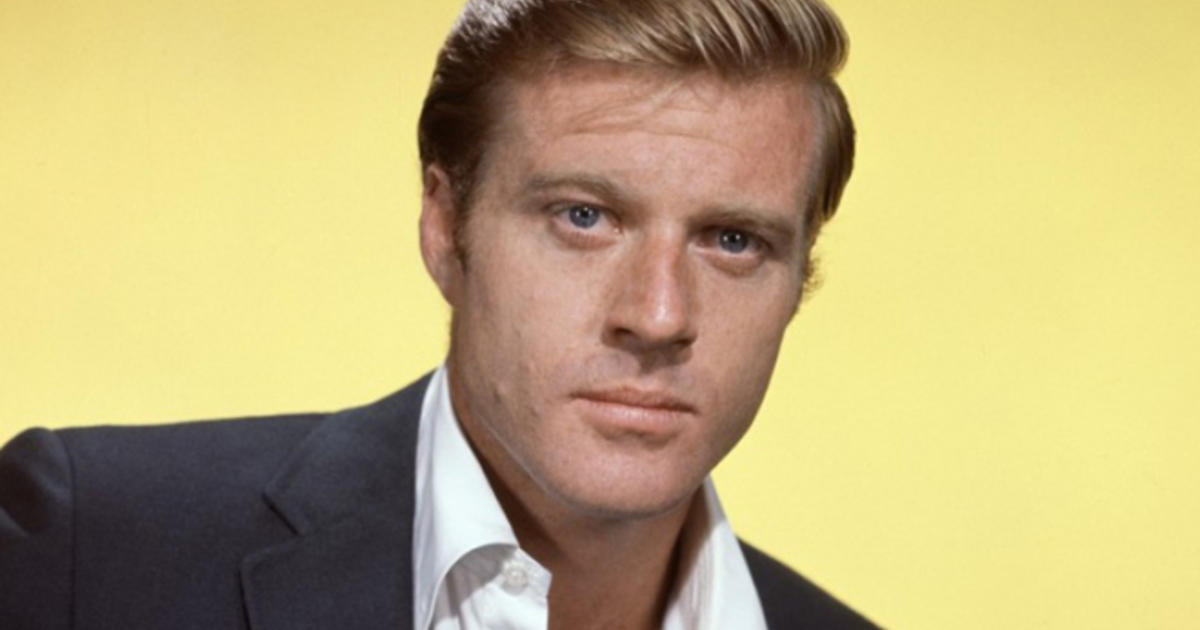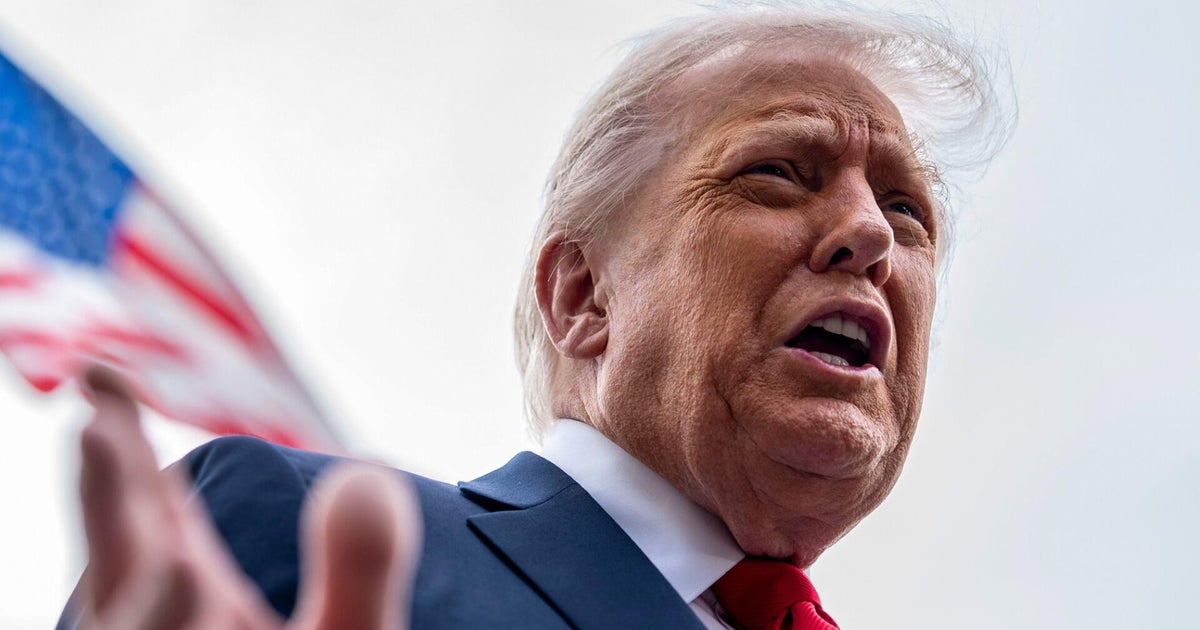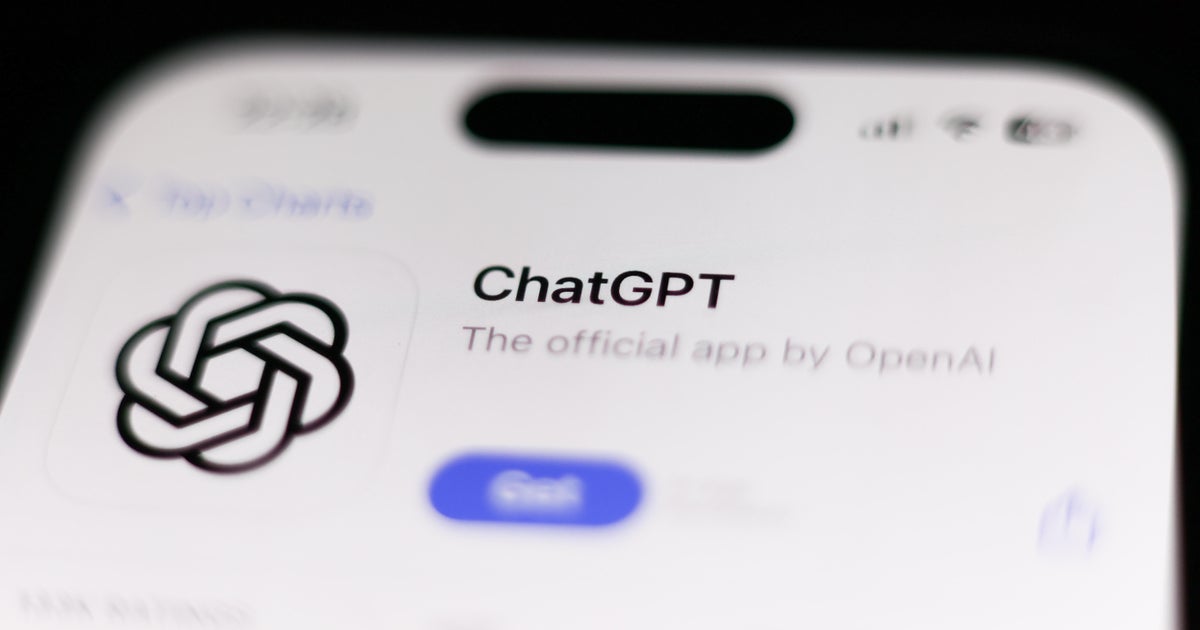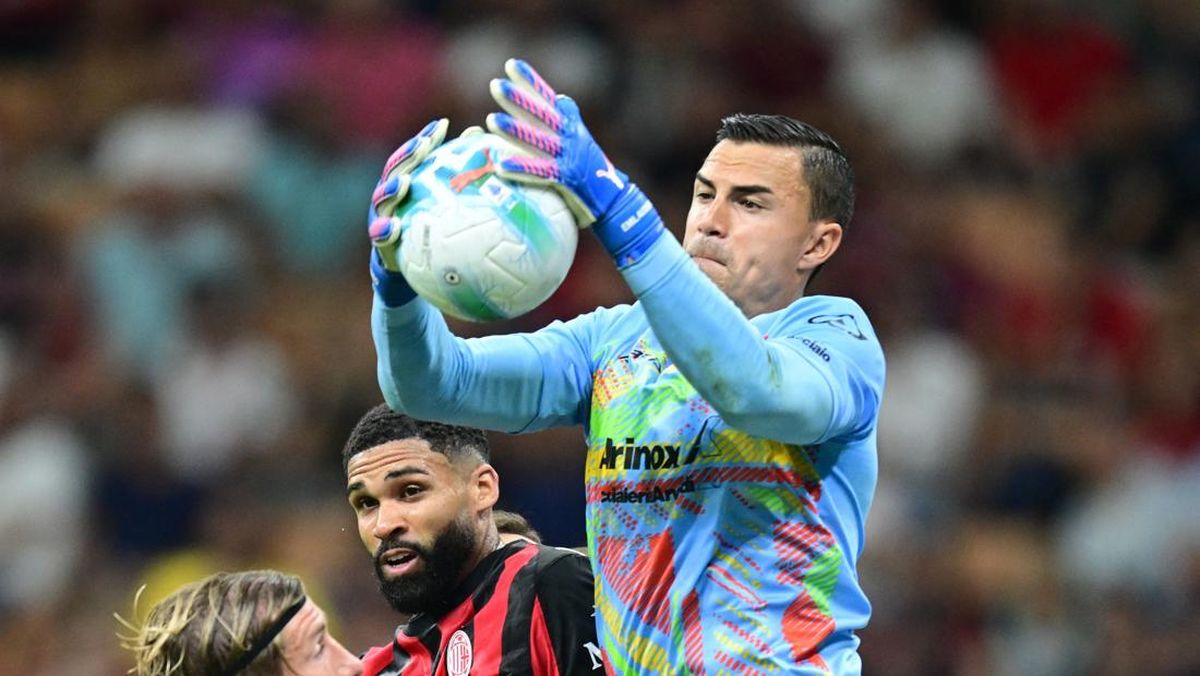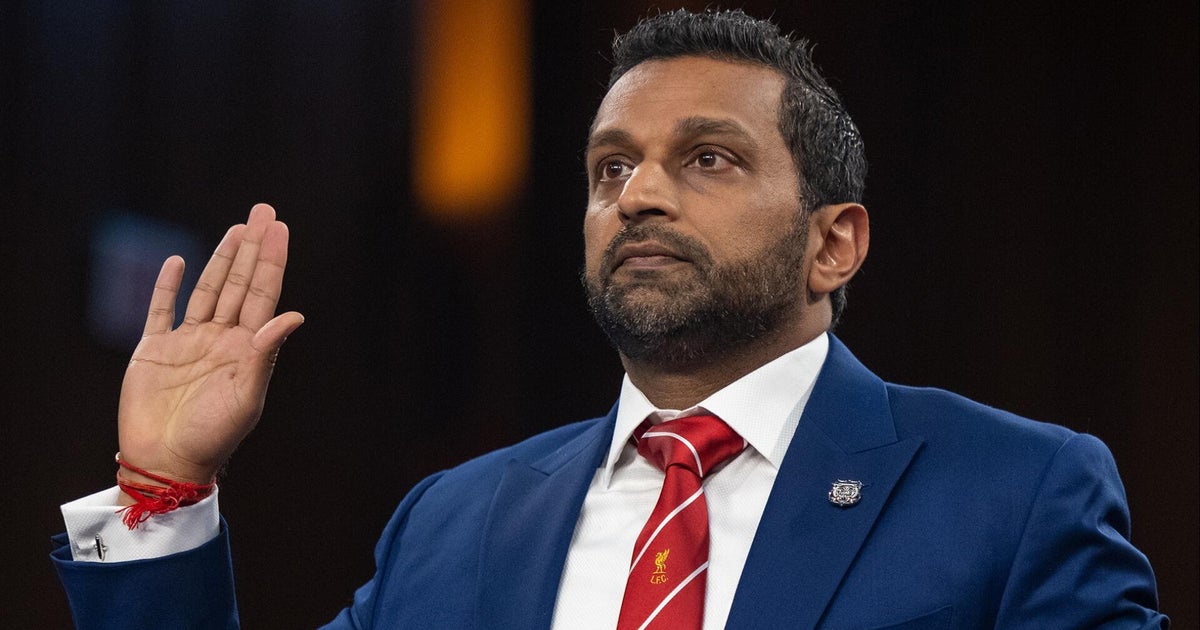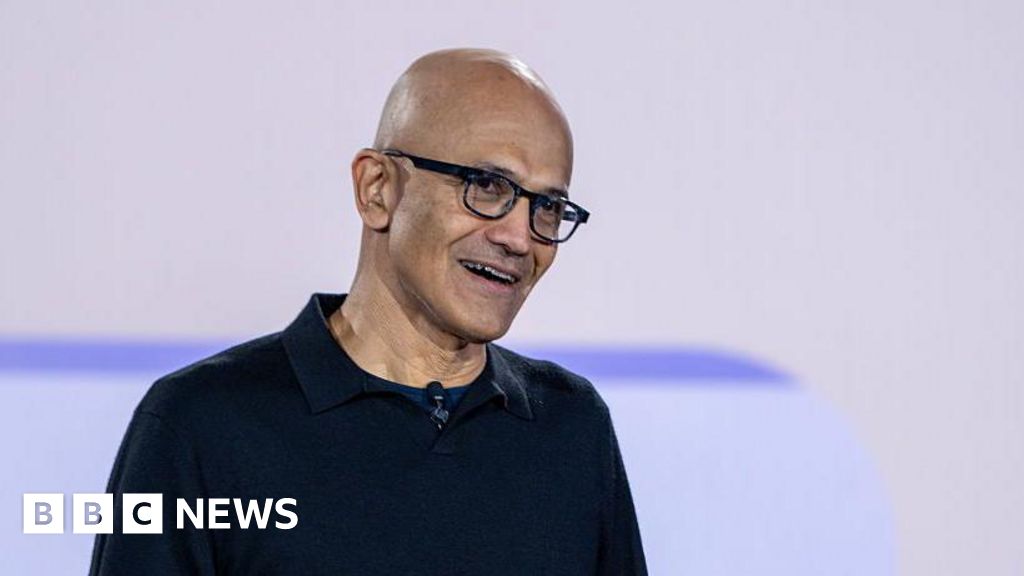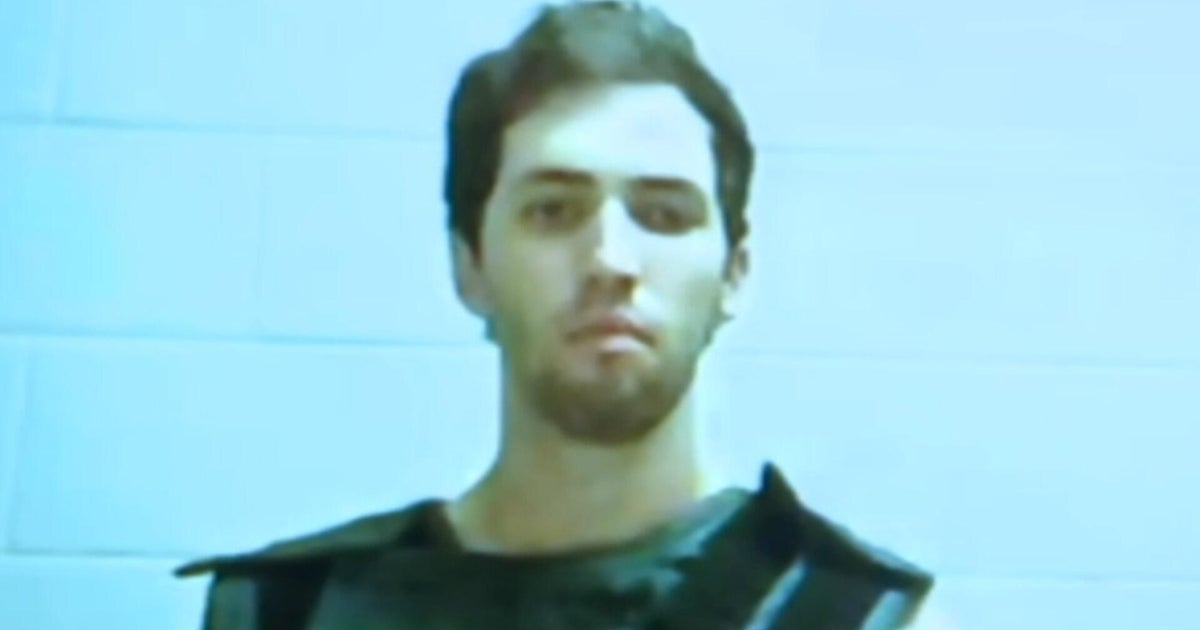Aboriginal truth-telling will be embedded into the Victorian school curriculum, with students from prep to year 10 to be taught the “enduring harm” of colonisation, dispossession and injustice as recounted by our First Peoples.
Australia’s first treaty between a state government and Aboriginal and Torres Strait Islander people will be introduced to the Victorian Parliament on Tuesday, with a formal apology, a reframing of our school curriculum and greater use of traditional names for natural parks and waterways among the reforms contained in the agreement.
The treaty process will culminate later this year with a formal signing of the historic agreement and a mass celebration of Aboriginal music and culture in central Melbourne, before fresh elections are held to decide the new make-up of a First Peoples’ Assembly to work out of a dedicated room in parliament.
As previously revealed by this masthead, a permanent First People’s Assembly with powers to advise government on any matters that affect their communities and to be consulted on proposed laws directed to them, will be the decision-making body within Gellung Warl, a new statutory corporation intended to play a “central party in the democratic life of the state”.
Gellung Warl will also include a standing truth-telling body, to be known as Nyerna Yoorrook Telkuna, and an accountability body, known as Nginma Ngainga Wara, which will hold the state government to account for its commitments to closing the gap in social, economic and health outcomes between black and white Victorians.

Premier Jacinta Allan and members of the First Peoples’ Assembly will today reveal Australia’s first treaty agreement.Credit: Justin McManus
The first stated objective of the new governance architecture is to “deliver improved and enduring outcomes for First Peoples”.
A lengthy preamble to the agreement proclaims “the dawn of a new era in Victoria – the era of Treaty-making”, in which future agreements are expected to be negotiated by Gellung Warl, the state government and the state’s 38 traditional owner and language groups.
“The colony of Victoria was established without the consent, negotiation or recognition of the Traditional Owners of these lands and waters,” it reads. “What followed was violence, destruction and dispossession – a rush to take land, lives, and resources, leaving lasting scars on families, communities and Country itself.
“The harm of colonisation has not ended. Its legacy – dislocation, grief and trauma – still ripples through families and communities today.
“Treaty is one of the most important steps Victoria has ever taken – a renewed and enduring relationship between First Peoples and the State, grounded in the inherent right of First Peoples to self-determination.”
The tone and content of the preamble echoes the findings of the Yoorrook Justice Commission’s final report tabled in parliament six weeks ago and indicates how treaty will reshape the school curriculum.
The agreement states that curriculum changes will be “co-designed” by Gellung Warl, the Victorian Curriculum and Assessment Authority, the Victorian Aboriginal Education Association Incorporated and the responsible government department.
The Yoorrook Justice Commission’s Official Public Record, a narrative account of Victoria’s history since colonisation as told by First Peoples, will be included as a foundational text to inform truth-telling in schools.
The Victorian Parliament will deliver a formal apology to First Peoples for the state’s part in this history, with the final wording to be negotiated. It will also approve an annual operating budget of $70 million for Gellung Warl, indexed to inflation, and a further $37 million in capital expenditure to provide “ongoing premises” to house the new body.

First Peoples’ Assembly co-chairs Rueben Berg and Ngarra Murray.Credit: Chris Hopkins
Gellung Warl, a Gunaikurnai phrase meaning “tip of the spear”, will be given use of a dedicated room within Parliament House from which to advise and consult lawmakers.
The contents of the agreement and enabling legislation will be outlined at a press conference attended by Premier Jacinta Allan, Minister for Treaty and First Peoples Natalie Hutchins and First Peoples’ Assembly co-chairs, Ngarra Murray and Rueben Berg.
At a joint party room meeting on Monday, the opposition reaffirmed its intention to oppose the treaty legislation and the agreement. The legislation is expected to pass both houses of parliament with the support of the Greens and progressive crossbench MPs in the Legislative Council.
The opposition’s spokeswoman for Aboriginal Affairs, Nationals MP Melina Bath, said she shared the First Peoples’ Assembly’s desire to close the gap in outcomes between Aboriginal and non-Aboriginal Victorians but didn’t believe treaty offered the best way of achieving this.
She acknowledged that the status quo was not working and said the opposition would release policies “in the very near future”, setting out an alternative to treaty.
“The Liberals and Nationals are absolutely committed to closing the gap,” she said. “We believe there are alternative approaches that avoid division and race-based distinctions and will deliver real and positive outcomes for Aboriginal Victorians.
Loading
“Ultimately, we understand that the First Peoples’ Assembly have a vision. We have the same vision – to improve the lives of Aboriginal people in Victoria – we just feel there is a different and better way to do it.”
The opposition will also raise concerns about the lack of ministerial oversight over Gellung Warl, a carve-out from freedom of information laws for culturally sensitive matters, and eligibility provisions for the First Peoples’ Assembly that allow people previously convicted of an indictable offence to serve, as long as they are not in jail or on parole.
The treaty agreement gives the First People’s Assembly extraordinary access to government, with the power to make representations to the cabinet, individual ministers, departmental secretaries and both houses of parliament. This is balanced by the proviso that nothing in the agreement limits the authority of parliament to make laws and conduct its business.
Former Victorian Supreme Court Justice and Yoorrook Justice Commission member Kevin Bell has described boosting the participation of First Peoples in the political process while preserving the state’s constitutional, parliamentary and governmental systems as the twin “golden threads” of the agreement.
Get alerts on breaking news as it happens. Sign up for our Breaking News Alert.
Most Viewed in Politics
Loading

